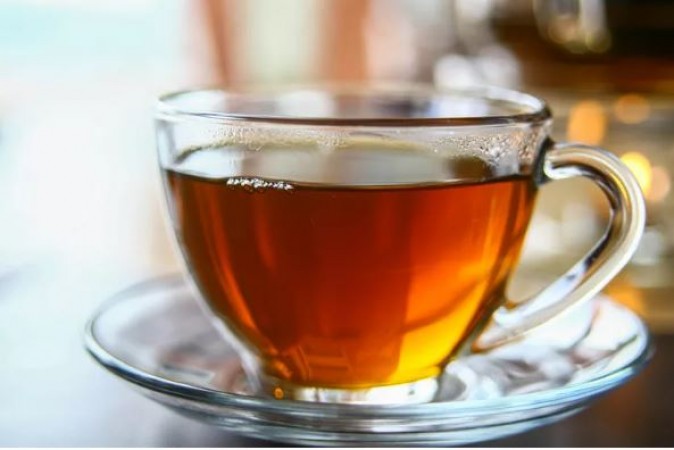
Tea is a beloved beverage enjoyed by millions of people worldwide, and it comes in countless varieties, each with its unique flavors and health benefits. While there are numerous ways to prepare tea, mastering the art of tea brewing is a delightful journey. In this article, we will explore the right way to make tea and address the common question of whether mixing milk with tea is harmful to health.
The Basic Elements of Brewing Tea:
Choose Quality Tea: Start with high-quality tea leaves or tea bags. The type of tea you select—black, green, white, herbal, or oolong—will determine the brewing process and flavor profile.
Use Fresh Water: Always use fresh, cold water to make tea. Avoid using water that has been sitting or reheated, as it can affect the taste of your tea.
Measure the Tea: The general guideline is to use one teaspoon of loose tea leaves or one tea bag per 8-ounce cup of water. Adjust this ratio according to your taste preferences.
Heating the Water: Heat the water to the appropriate temperature for the type of tea you're making. For black tea, boiling water is usually recommended, while green tea benefits from slightly cooler water, around 175°F (80°C).
The Right Way to Brew Tea:
Preheat Your Teapot or Teacup: Pour a small amount of hot water into your teapot or teacup to warm it up. This helps maintain the tea's temperature and ensures even brewing.
Add Tea Leaves or Tea Bag: Place your measured tea leaves or tea bag into the teapot or teacup.
Pour Hot Water: Carefully pour the hot water over the tea leaves or tea bag. Ensure the tea is fully submerged.
Steep the Tea: Let the tea steep for the appropriate amount of time, which varies depending on the type of tea. Typically, black tea should steep for 3-5 minutes, green tea for 2-3 minutes, and herbal tea for 5-7 minutes. Oversteeping can result in a bitter taste.
Remove Tea Leaves or Tea Bag: Once the tea has steeped to your desired strength, remove the tea leaves or tea bag. Leaving them in too long can lead to over-extraction and bitterness.
Enjoy: Your tea is ready to drink. Some people prefer their tea plain, while others like to add sweeteners or milk.
Milk in Tea: Is it Harmful to Health?
The practice of adding milk to tea is a matter of personal preference and cultural tradition. There's no conclusive evidence to suggest that adding milk to tea is inherently harmful to health. In fact, milk can provide several benefits:
Creaminess: Milk adds a creamy texture and a touch of sweetness to tea, enhancing its flavor and mouthfeel.
Calcium and Protein: Milk is a good source of calcium and protein, and adding it to tea can increase its nutritional value.
Digestive Benefits: Some people find that adding milk to tea helps soothe digestive discomfort, making it easier on the stomach.
However, it's important to be mindful of a few considerations:
Caffeine Absorption: Some studies suggest that milk may bind to the catechins in green tea, potentially reducing their antioxidant effects. If you drink green tea primarily for its health benefits, you might consider drinking it without milk.
Lactose Intolerance: If you're lactose intolerant, dairy milk may not be suitable for you. Fortunately, there are plenty of dairy-free milk alternatives available, such as almond milk, soy milk, and oat milk.
Calories: Adding milk to your tea can increase its calorie content. If you're watching your calorie intake, consider using skim or low-fat milk or opting for a milk substitute with fewer calories.
In conclusion, making tea is an art that involves selecting quality tea, using fresh water, and steeping it correctly. Whether or not to add milk to your tea is a matter of personal preference and dietary considerations. When done in moderation, adding milk to tea is not inherently harmful and can enhance your tea-drinking experience. Ultimately, the perfect cup of tea is the one that brings you joy and satisfaction.
Know The Perks and Pitfalls of Your Daily Brew: Coffee's Impact on Health
How to Prevent and Overcome Frigidity in Women Over 40
How to Achieve Glowing Skin in Winter: Effective Dry Skin Remedies